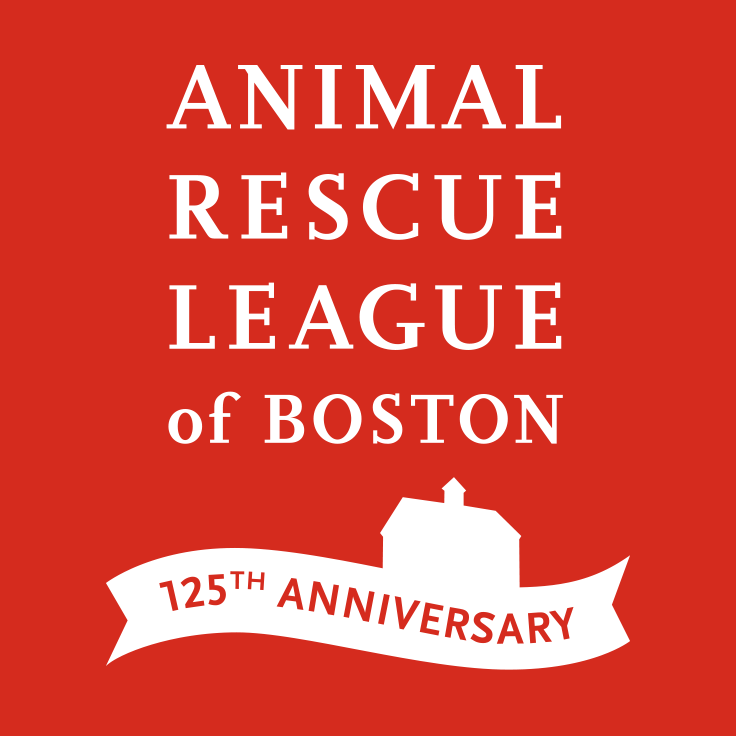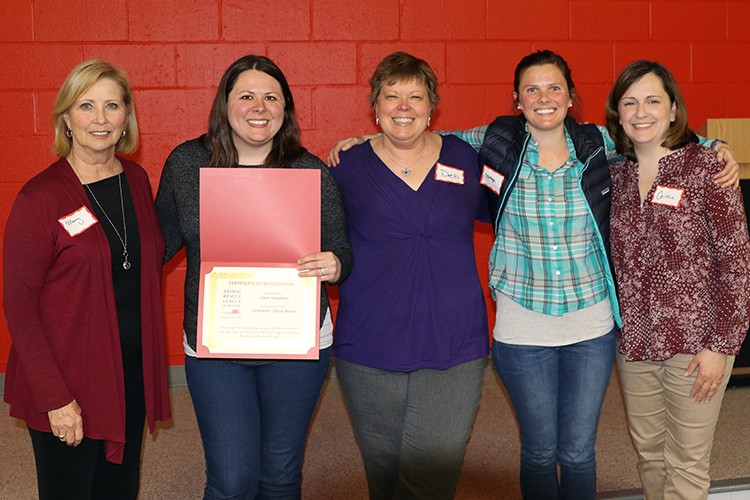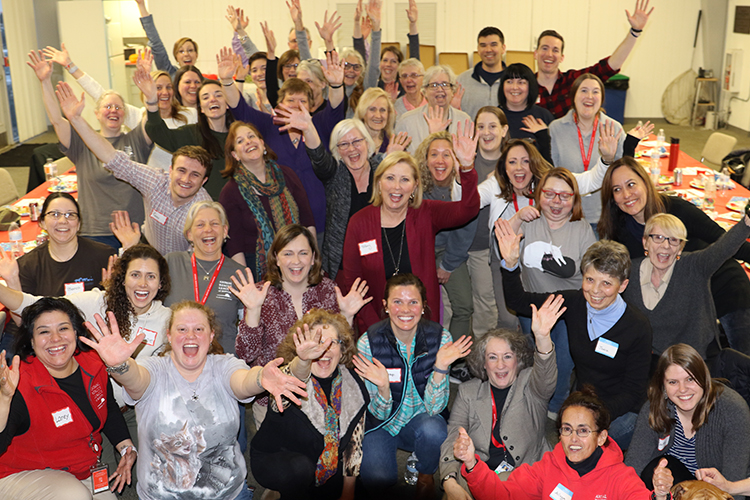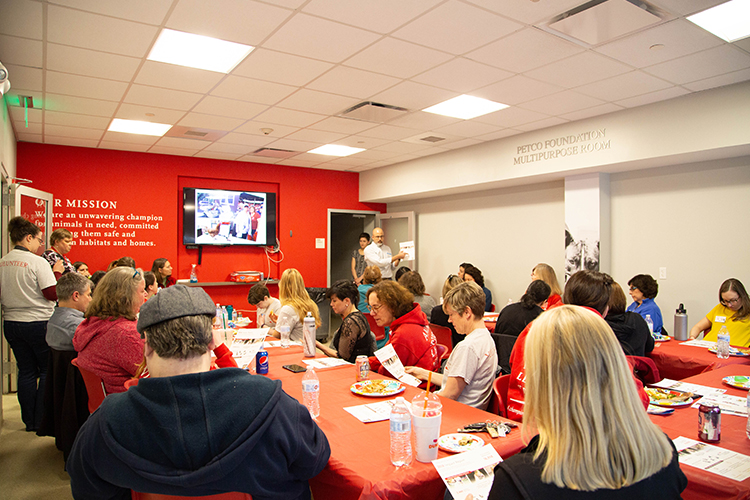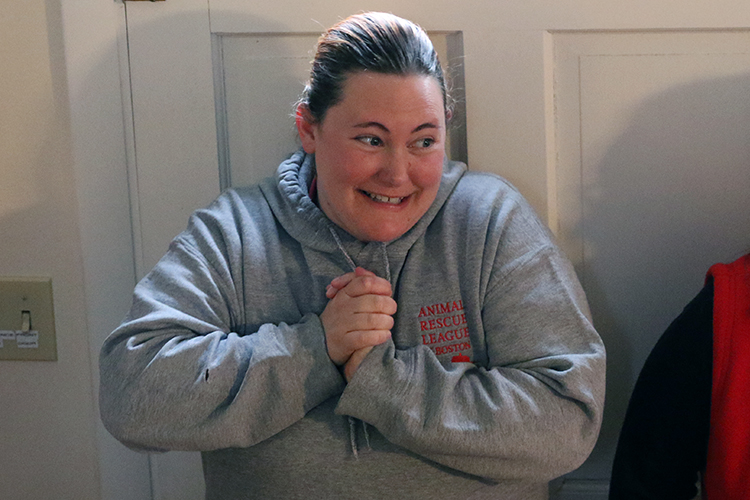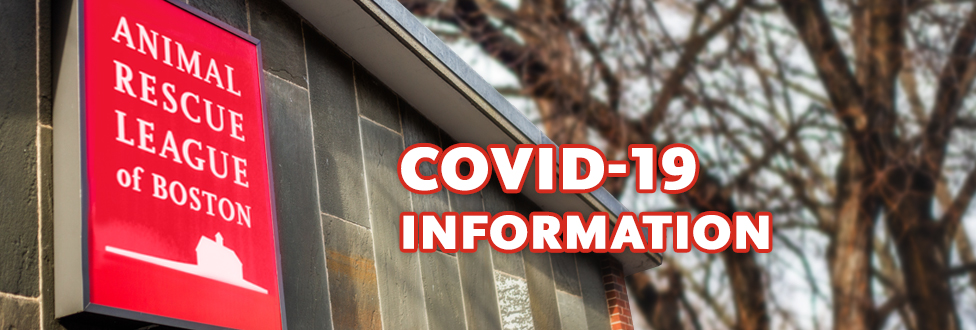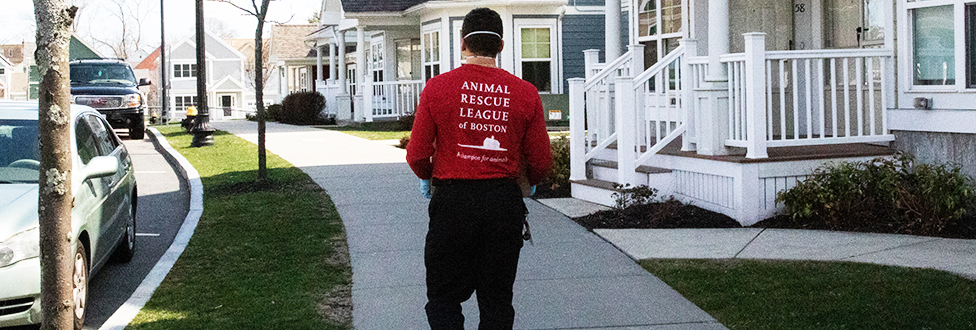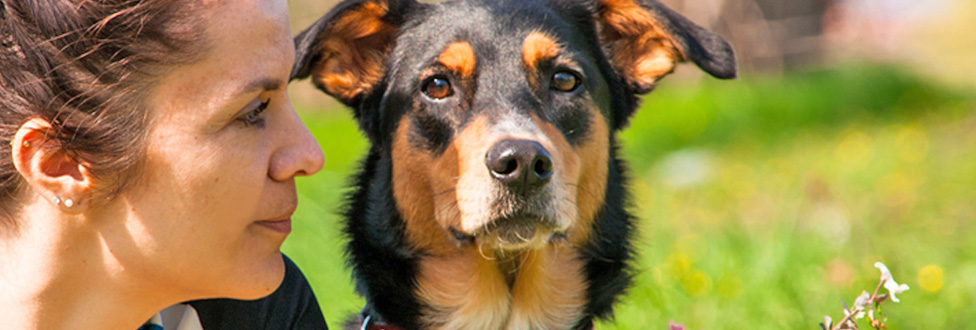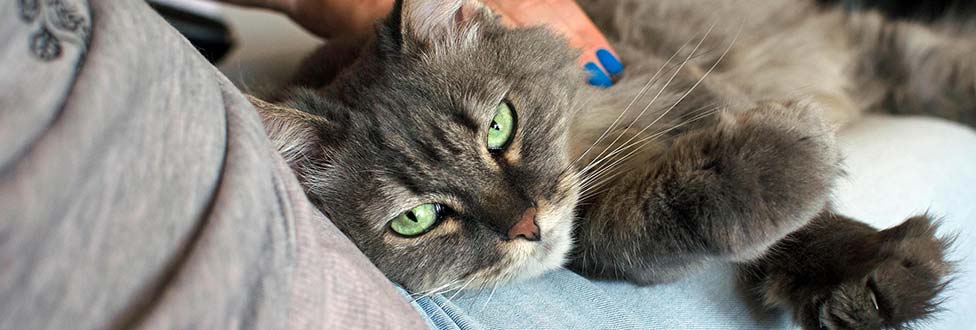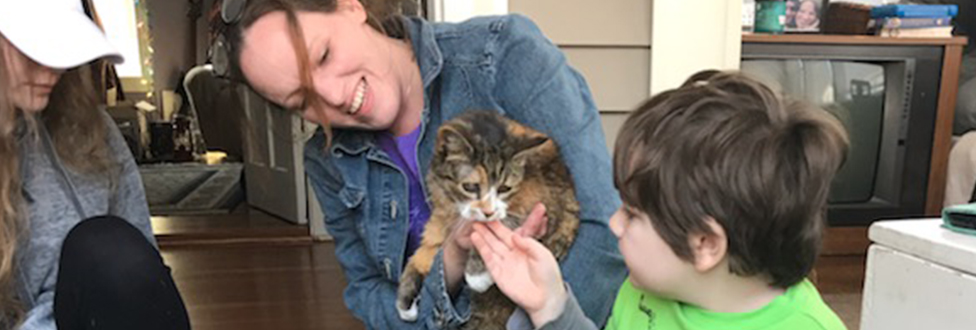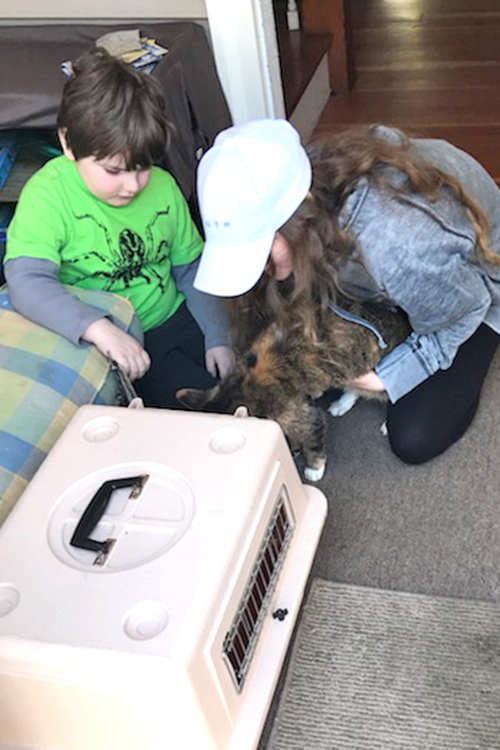You’re invited… to #GivingTuesdayNow!
You’re invited to two special virtual celebrations TODAY through Tuesday, May 5, 2020, for #GivingTuesdayNow!
#GivingTuesdayNow is an emergency response to the unprecedented need caused by the coronavirus.
You have a chance to join your fellow animal lovers and show that compassion can’t be quarantined – and that you are there for vulnerable animals when they need it most.

Quarantine won’t stop kitten season, and vulnerable animals need you now more than ever!
These tiny creatures, born outside and at the mercy of the elements, are at risk of injury, disease, or worse.
Although safety precautions have meant that Trap-Neuter-Return services have been paused for now – you have the opportunity to intervene and help kittens get the chance they deserve at a safe and healthy life in a home.
Your support today means that fragile kittens can count on medical care, special food, round-the-clock care in a foster home, and the promise of a brighter future.
How you can make a difference on #GivingTuesdayNow:
- Make a gift to give kittens the care they need now. Gifts of $100 or more made by Tuesday, May 5, 2020, will be recognized on the Kitten Kuddler Wall of Honor!

2. Send critically needed supplies from our Kitten Shower Registry
3. Set up a Facebook Fundraiser and help even more kittens
4. RSVP to our Facebook Event to get exclusive first look kitten photos and your chance to win the “Cutest Cat” photo contest!
5. Have you found kittens outside and don’t know what to do? Resist the temptation to interact or touch them, and call ARL right away by dialing (617) 426-9170, then press “1” and “1” again. Click here to read more and download our flyer.

Compassion can’t be quarantined. One thing remains certain and that is animals are still in need – and they need you now more than ever!
Your support today ensures that animals in Massachusetts can get the care they count on including food, sanctuary, medical care, love, and emergency rescue if they are in danger.
How you can make a difference on #GivingTuesdayNow:
- Make a gift to give animals the care and love they deserve. Gifts of $100 or more made by Tuesday, May 5, 2020, will be recognized on the Prom Court Wall of Honor

2. Send critically needed supplies to our Animal Care & Adoption Centers
-
-
- Click here to view the Boston Wishlist
- Click here to view the Dedham Wishlist
- Click here to view the Brewster Wishlist
-
3. Set up a Facebook Fundraiser and help even more animals
4. RSVP to our Facebook Event to get exclusive behavior tips and your chance to win the “Prom King/Queen/Royalty” photo contest
Thank you for being an unwavering champion for animals in need.
We hope you, your loved ones, and furry or feathered friends, remain healthy and safe!
